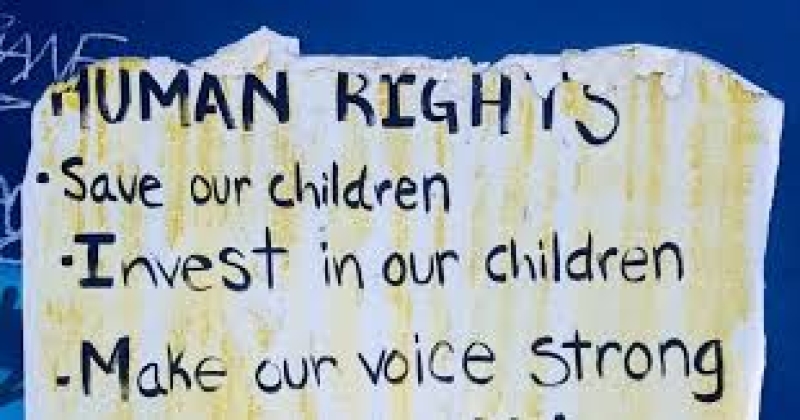- India beats Pakistan by 61 runs as World Cup scenario heats up |
- Jatiya Party routed in its fortress, Rangpur |
- Climate change cuts hilsa catch, raising long-term risks |
- Jamaat Ameer calls meeting with Tarique 'an important moment |
Freedoms too must have boundaries?
Individual and institutional freedoms must be allowed in order for knowledge-based societies to flourish

Freedom of thought, expression and activity, those lofty, feel-good inspiring words are as refreshing for mind and body as a lungful of clear air on a mountain plateau.
From such situations emanate creative words and phrases. There’s also the other side to it; that of prose and poetry that emerges from being gutted by suffering if both man and nature , self-inflicted and occurring naturally.
In between the two extremes are the caveats imposed by constitutions, policy, territorial integrity, and even scriptures. Man being born free and everywhere in chains is probably the most direct suggestion that freedom doesn’t come unfettered in limits.
George Orwell had to choose satire as did Charles Dickens to further the argument not just of freedom but also boundaries that didn’t allow perverse wilfulness, looking cautiously over their shoulders while doing so.
Rabindranath Tagore and Robert Frost were on opposite sides of the fence with the former arguing that thought shouldn’t be bound by “narrow domestic walls” and the latter suggesting that “good walls make good neighbours.”
That there has to be observed a World Press Freedom Day strengthens the supposition that free speech even in the press is being increasingly muzzled and, dangerously, threatened.
The number of pressmen and women dying in conflict zones and also just because they stood fast to the truth in pursuing their vocation, grows alarmingly.
Facile and emotionless comments such as “tragedy” and “our thoughts are with their families” is grandstanding that no longer resonates among those that have lost kindred.
To a certain degree, particularly in the West caricatures, lampoons and symbolic criticism can be made of institutions and politicians in particular. Elsewhere it would be unheard of to air anything close to the picture of a cat outside 10 Downing Street in reference to UK Prime Minister Rishi Sunak’s apparent limited days following Conservative Party’s reversals in local elections.
There’s a cause behind everything. The media’s bias comes from a combination of authoritarian browbeating that comes under several sweeteners and an astonishing self- bias. So while the African continent knuckles under debt, drought, deforestation and floods, there is a polished amplification of progress and possibilities.
On the contrary, UK City Councils are having budgets slashed whereas there’s a commitment to £3 billion in annual arms aid for Ukraine. On the flip side, while there’s plenty of outrage for human rights violations in the third world, a blind eye is turned towards similar, if less severe numbers elsewhere.
What’s galling is that such facts should not and cannot be ignored wherever there’s corruption, nepotism, or rights being compromised. The infamous heist from Bangladesh Bank’s reserves, the countless unexplained building and fire disasters, the proceedings of the journalist couple’s horrifying murder just aren’t being pursued with the rigours that are demanded.
The lack of accountability for badly planned and conceived projects draining precious taxpayer money isn’t followed up by the authorities or the media. That’s when they stop being a mirror pointing out the shortcomings.
Individual and institutional freedoms must be allowed in order for knowledge-based societies to flourish. Pulling the carpet over messes don’t help anyone. And that includes politicians backtracking from their own policy statements.
Mahmudur Rahman is a writer, columnist, broadcaster, and communications specialist.

